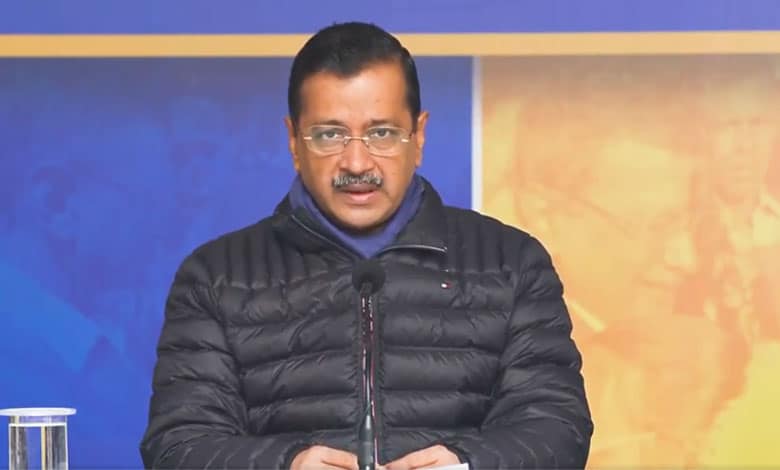Key Factors Behind AAP’s Rout in Delhi Assembly Polls
As the Aam Aadmi Party (AAP) faces a massive defeat in the Delhi Assembly elections, several factors have contributed to the ruling party's downfall. Let's take a closer look at the key reasons behind AAP's crushing defeat.

As the Aam Aadmi Party (AAP) faces a massive defeat in the Delhi Assembly elections, several factors have contributed to the ruling party’s downfall. Let’s take a closer look at the key reasons behind AAP’s crushing defeat.
Table of Contents
Anti-Incumbency Factor
Despite winning decisive victories in the 2015 and 2020 Delhi Assembly polls, AAP faced significant anti-incumbency in 2025. Voters, frustrated with the party’s constant blaming of the Union government for roadblocks in the functioning of Delhi, refused to buy into these excuses. The people of Delhi, tired of the allegations against the Centre, voted for change, leading to AAP’s unexpected loss.
‘Modi Ki Guarantee’ Campaign
The BJP’s highly effective ‘Modi ki guarantee’ campaign played a pivotal role in the party’s victory. Prime Minister Narendra Modi’s high-decibel electioneering and promises resonated with the voters, while also undermining AAP’s position. The BJP successfully capitalized on this strong narrative, which became a crucial factor in the party’s win.
‘Sheesh Mahal’ Row
Another factor that negatively impacted AAP’s chances was the controversy surrounding the renovation of Arvind Kejriwal’s official residence, which became known as the ‘Sheesh Mahal’ row. The BJP highlighted how the Delhi Chief Minister spent crores of rupees to renovate his residence. The Comptroller and Auditor General of India (CAG) report revealed that the renovation, initially estimated at Rs. 7.91 crore, ballooned to Rs. 33.66 crore by 2022. While AAP responded with criticism of PM Modi’s lavish lifestyle, this issue failed to win over voters, further hurting the party’s image.
Also Read: Anna Hazare Blames Kejriwal’s ‘Greed for Money’ for AAP Setback in Delhi Elections
Electorate Felt Cheated
Another significant factor contributing to AAP’s defeat was the electorate’s sense of betrayal. Kejriwal had campaigned on promises of clean politics and an end to the VIP culture, but voters felt disillusioned as he was seen indulging in luxuries, including special security and a CM’s bungalow, despite pledging not to do so. Furthermore, Kejriwal faced corruption allegations, particularly regarding the Excise Policy case, which also eroded his credibility.
Liquor Policy Case
The scandal surrounding Delhi’s Excise Policy became another major blow to AAP’s campaign. Kejriwal, Manish Sisodia, and Sanjay Singh were arrested and jailed in connection with the policy, though they were later granted bail. Despite their efforts to turn the tide in the election, the case remained a significant stain on their reputation and contributed to AAP’s defeat.

‘Poisoning Yamuna’ Claim
In a final attempt to sway voters, Kejriwal made a controversial claim that the BJP-led Haryana government was “poisoning” the Yamuna River. However, this allegation quickly fell apart when Delhi’s Lieutenant Governor, V.K. Saxena, and Chief Election Commissioner, Rajiv Kumar, denied it. Additionally, Haryana’s Chief Minister Nayab Singh Saini threatened to take legal action against Kejriwal, further diminishing the credibility of the claim.
Election Trends and Results
As per the latest trends, the BJP is leading with 48 seats, while AAP has managed to secure only 22 seats. In comparison, AAP had won 62 seats in 2020 and 67 in 2015, showing a significant drop-in support.
